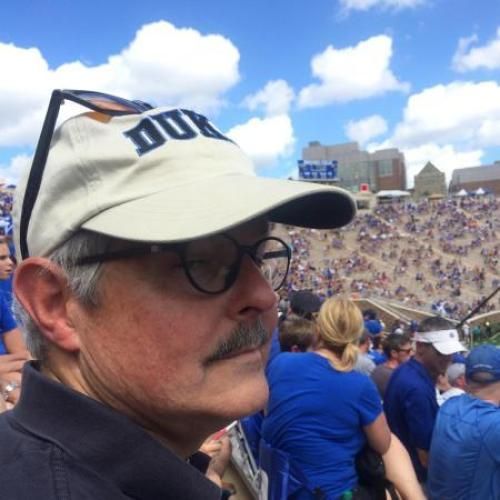Polyclonal B cell differentiation and loss of gastrointestinal tract germinal centers in the earliest stages of HIV-1 infection.
BACKGROUND: The antibody response to HIV-1 does not appear in the plasma until approximately 2-5 weeks after transmission, and neutralizing antibodies to autologous HIV-1 generally do not become detectable until 12 weeks or more after transmission. Moreover, levels of HIV-1-specific antibodies decline on antiretroviral treatment. The mechanisms of this delay in the appearance of anti-HIV-1 antibodies and of their subsequent rapid decline are not known. While the effect of HIV-1 on depletion of gut CD4(+) T cells in acute HIV-1 infection is well described, we studied blood and tissue B cells soon after infection to determine the effect of early HIV-1 on these cells. METHODS AND FINDINGS: In human participants, we analyzed B cells in blood as early as 17 days after HIV-1 infection, and in terminal ileum inductive and effector microenvironments beginning at 47 days after infection. We found that HIV-1 infection rapidly induced polyclonal activation and terminal differentiation of B cells in blood and in gut-associated lymphoid tissue (GALT) B cells. The specificities of antibodies produced by GALT memory B cells in acute HIV-1 infection (AHI) included not only HIV-1-specific antibodies, but also influenza-specific and autoreactive antibodies, indicating very early onset of HIV-1-induced polyclonal B cell activation. Follicular damage or germinal center loss in terminal ileum Peyer's patches was seen with 88% of follicles exhibiting B or T cell apoptosis and follicular lysis. CONCLUSIONS: Early induction of polyclonal B cell differentiation, coupled with follicular damage and germinal center loss soon after HIV-1 infection, may explain both the high rate of decline in HIV-1-induced antibody responses and the delay in plasma antibody responses to HIV-1. Please see later in the article for Editors' Summary.
Duke Scholars
Published In
DOI
EISSN
Publication Date
Volume
Issue
Start / End Page
Location
Related Subject Headings
- Young Adult
- Time Factors
- Peyer's Patches
- Middle Aged
- Male
- Lymphocyte Activation
- Influenza, Human
- Ileum
- Humans
- HIV-1
Citation
Published In
DOI
EISSN
Publication Date
Volume
Issue
Start / End Page
Location
Related Subject Headings
- Young Adult
- Time Factors
- Peyer's Patches
- Middle Aged
- Male
- Lymphocyte Activation
- Influenza, Human
- Ileum
- Humans
- HIV-1






